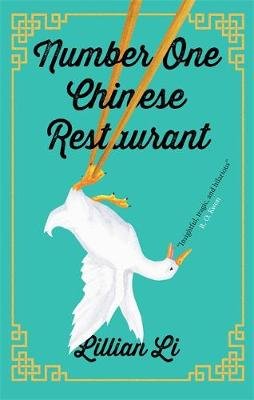
Lillian Li, Number One Chinese Restaurant (2018)
Newly longlisted for the Women’s Prize, Lillian Li’s debut novel centres on the Beijing Duck House in Rockville, Maryland. The restaurant is owned by brothers Johnny and Jimmy Han, who inherited it from their father. Jimmy wants to set up his own place, but he’s gone to Uncle Pang, a dubious family friend, for help – and that’s unlikely to end well. Alongside this strand, Li’s novel explores the relationship between two long-serving members of staff, and the lives of the younger generation. The end result is a composite portrait of a family (and the wider community of the restaurant) at a point of pressure and change, where the future is far from certain.
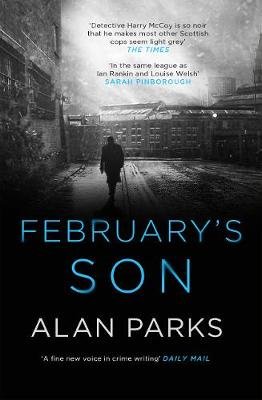
Alan Parks, February’s Son (2019)
February’s Son is the second of Alan Parks’s crime novels set in 1970s Glasgow, following on from Bloody January. We pick up the action in February 1973, when detective Harry McCoy is tasked with solving the murder of a young footballer who had the words ‘BYE BYE’ carved into his chest. The trail leads McCoy into the world of local gangs, and puts him back in touch with his childhood friend-turned-gangster Stevie Cooper. This is another intriguing mystery from Parks; the ongoing development of McCoy’s character is also interesting, as he sails (or finds himself pushed) ever closer to the wind.
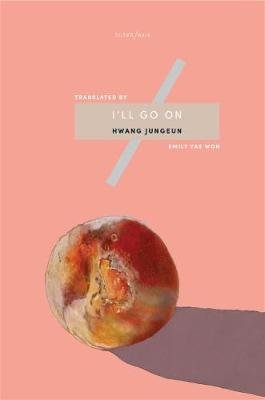
Hwang Jungeun, I’ll Go On (2014)
Translated from the Korean by Emily Yae Won
I’ll Go On is a novel in three parts, each narrated by a different character: Sora, her sister Nana, and their childhood friend Naghi. Nana is pregnant, which is tough news for Sora to take, because it puts her in mind of the difficult relationship she and Nana had with their own mother. Hwang’s novel chronicles a process of coming to terms with (or trying to break away from) past and present. I particularly like the different voices captured in Yae Won’s translation, as they cast each narrator in a different light from section to section.
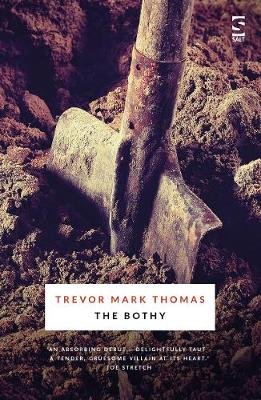
Trevor Mark Thomas, The Bothy (2019)
This debut novel begins with Tom fleeing to a remote, run-down pub called the Bothy. His girlfriend’s family blame Tom for her death, and now there is a price on his head. He is taken in by Frank, the gangster in charge of the Bothy, but even this may not be enough to protect him. By keeping the focus tightly on Tom’s present predicament, rather than the background that led up to it, Thomas gives his novel a sense of urgency and drive which pushes the reader on. The Bothy is a hothouse of character that remains tense to the end.
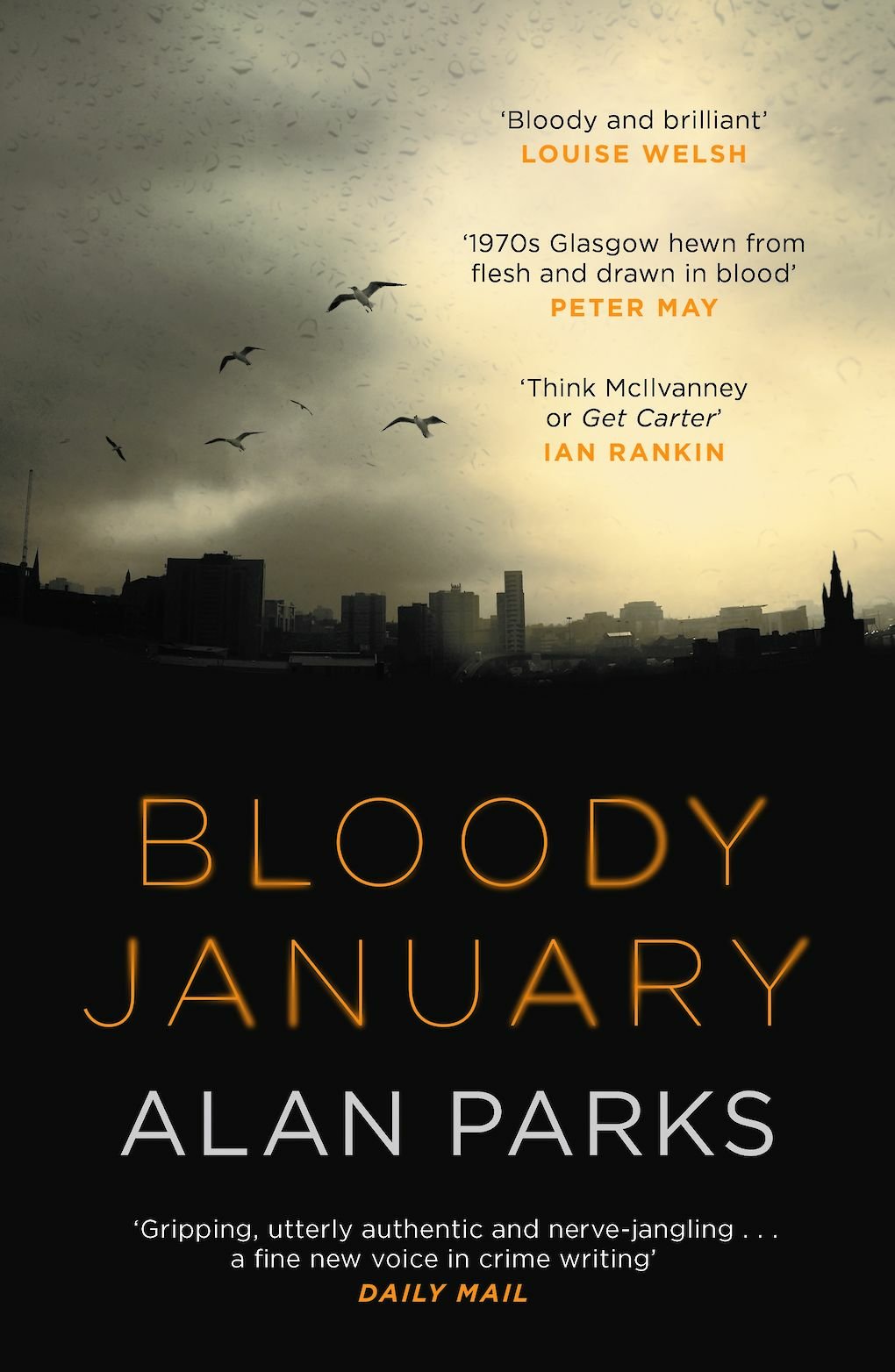
Recent Comments